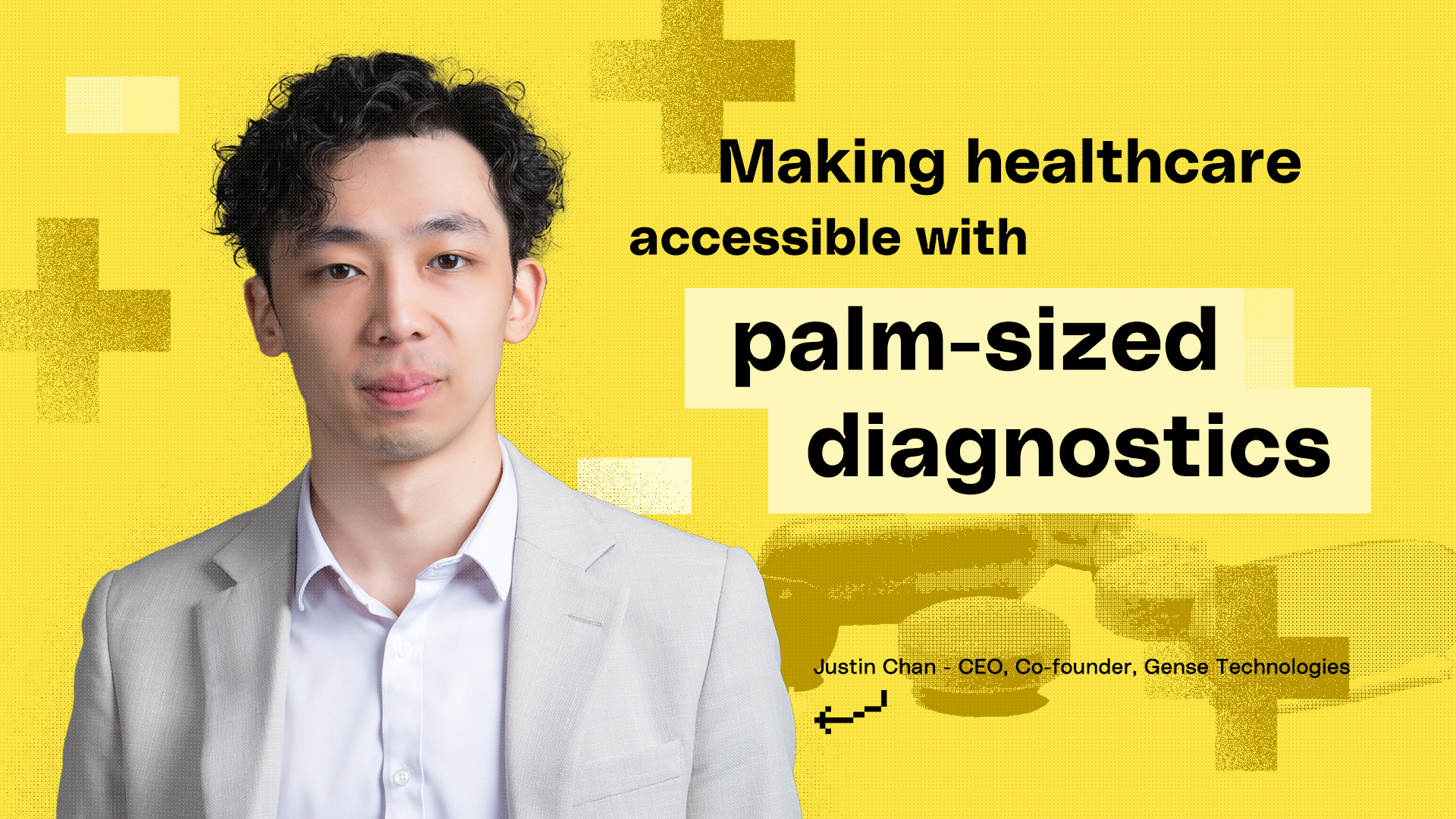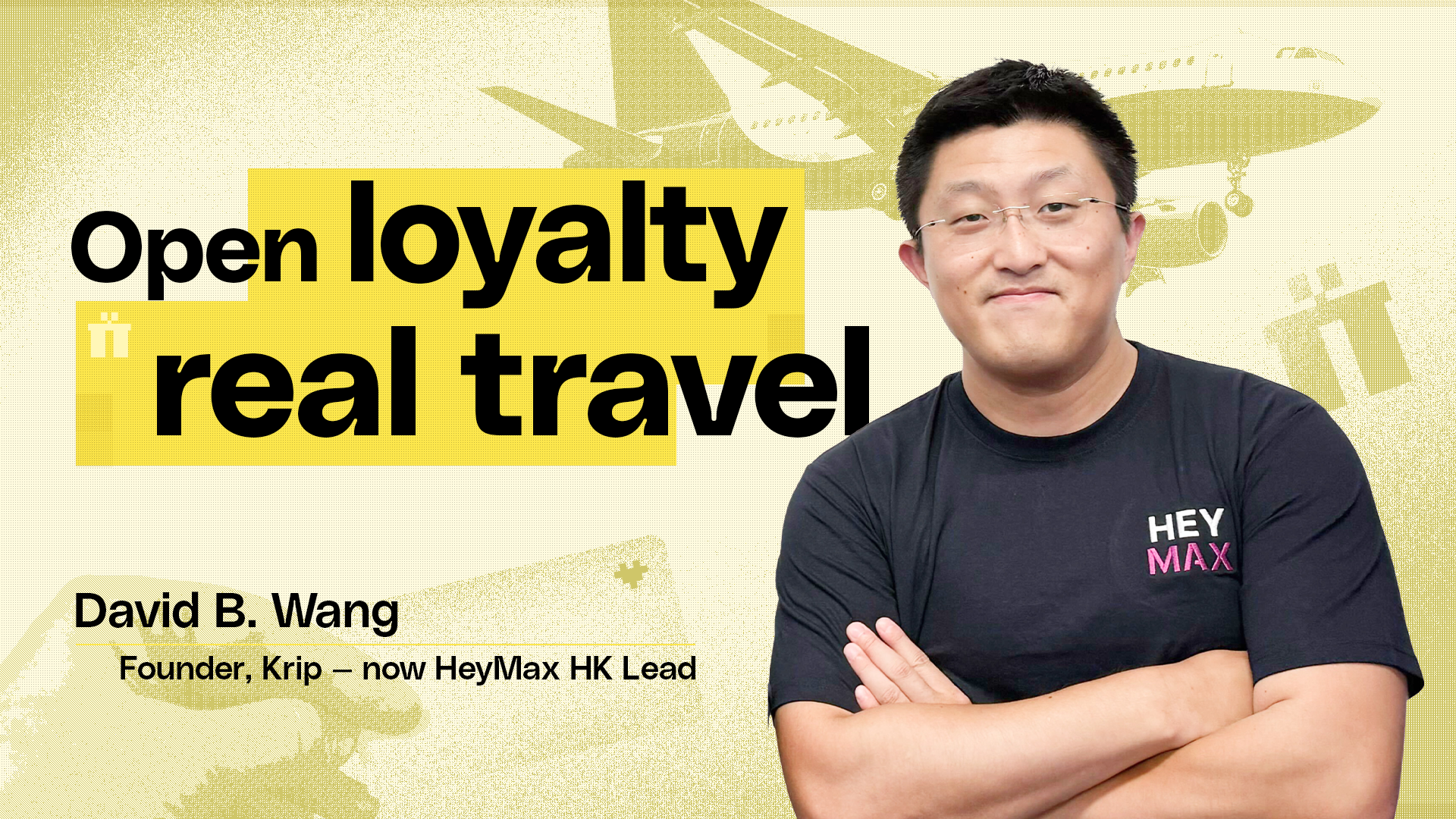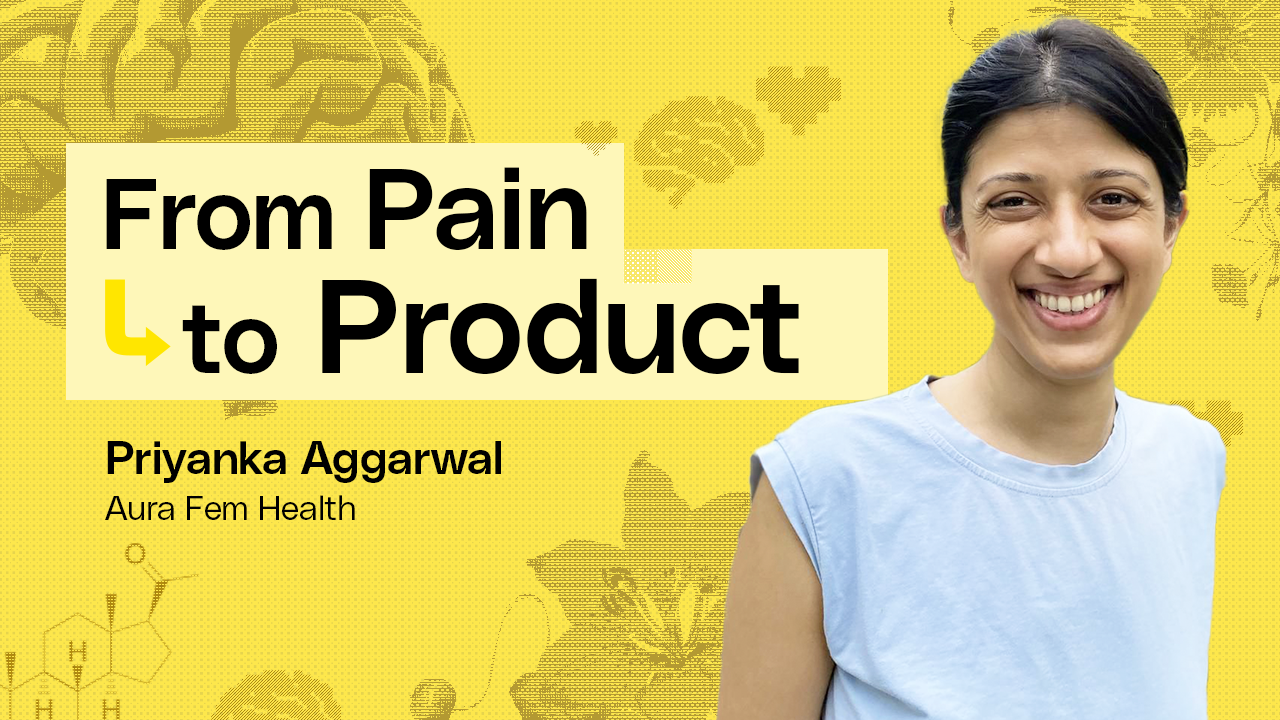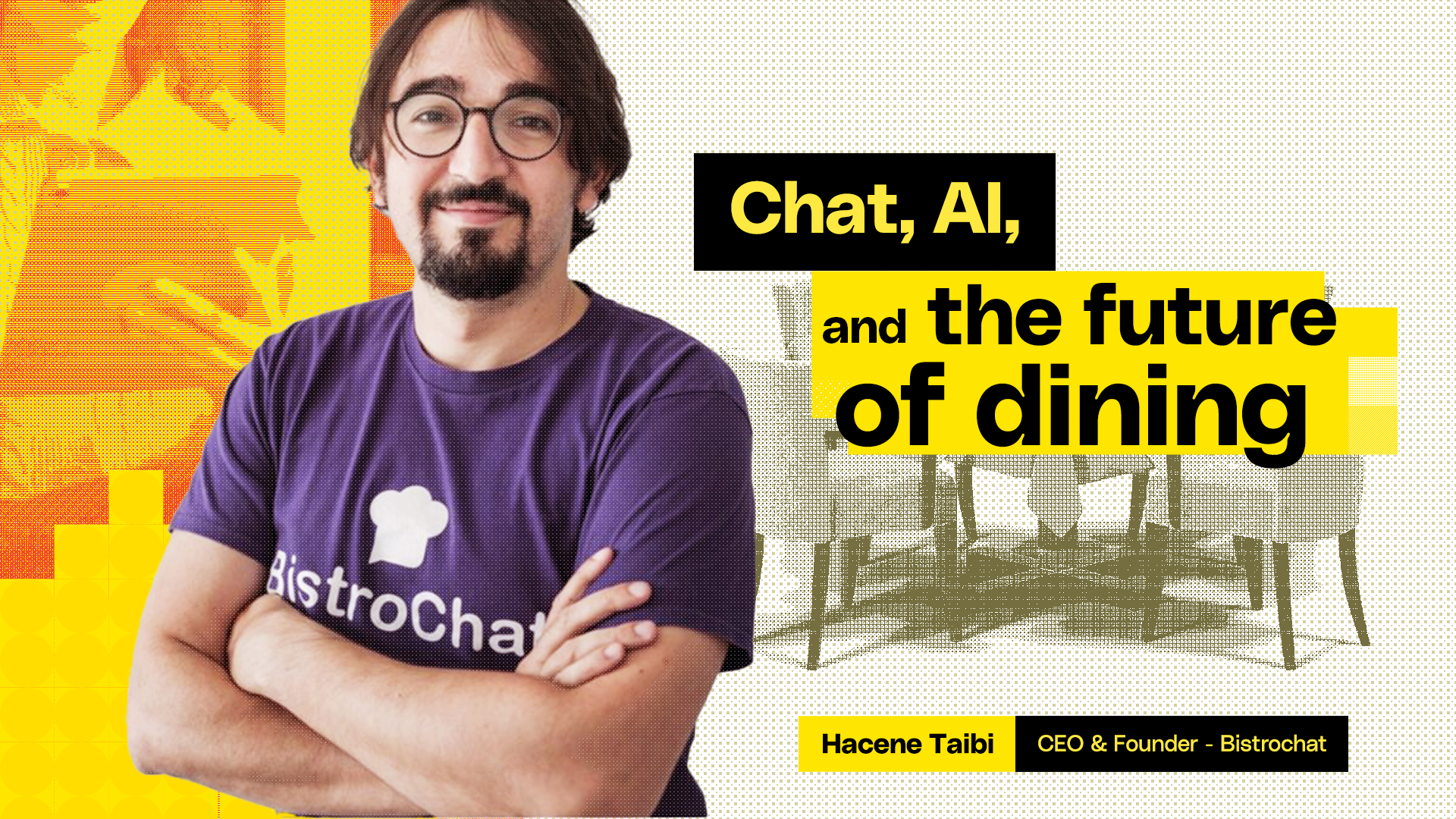
{{big-quote}}
Description:
In this episode, we sit down with Justin Chan, a Forbes' 30 Under 30 awardee, and the Founder of Gense. His groundbreaking tech invention has the potential to transform healthcare with a palm-sized device that can scan critical organs for diseases in under a minute. As we navigate the post-pandemic implications of his technology, we discuss Gense's potential in both developed and emerging markets.
Our conversation centers on accessibility, affordability, and early detection of chronic diseases. Alongside, Justin shares some fascinating anecdotes - from meeting Obama to issuing bonds for a now-deposed Myanmar government. Justin's vision for a decentralised, accessible healthcare system may be radical, but his modesty shines through. Join us to learn more about his journey and his transformative approach to healthcare.
Transcript:
Jonathan Nguyen (00:00):
Welcome to another episode of The Podcast, where we tell the stories of founders and funders, and delve into their career journeys. Today, we're joined by an exceptional guest, Justin Chan. I'll let him introduce himself shortly, but just to give you a snapshot: Justin is a Forbes 30 Under 30 awardee, a Cambridge graduate, and the founder of an innovative startup called Gense. Established just over five years ago, Gense is now fresh off a pre-A round of funding. They've developed a piece of technology set to revolutionise medical diagnostics, particularly in decentralised and remote healthcare situations. Justin, welcome, and thank you for joining us.
Justin Chan (01:00):
Thanks for having me.
Jonathan Nguyen (01:01):
It's a very cold day outside, isn't it?
Justin Chan (01:05):
It certainly is, and you're in a T-shirt!
Jonathan Nguyen (01:06):
Yes, I am! It's warm in here though, I assure you. So, Justin, could you tell us a bit more about yourself and your journey?
Justin Chan (01:19):
Absolutely. I've always been focused on making an impact. Before Gense, I tried a few things, but what I was really looking for was a way to innovate and help people. The idea for Gense grew organically - it started with a conversation with friends about technology called EIT. We saw the potential for something medical, something that had been well established for decades, to be adapted for early-stage diagnosis rather than just late-stage treatment. From there, our team and our group of supporters grew, and we began to attract more clients. So in essence, that's how we got to where we are today.
Jonathan Nguyen (1:50):
Well, it seems you were juggling two startups simultaneously, and one of them involved quite interesting work.
Justin Chan (02:18):
Indeed, we were collaborating with the Myanmar government, the one prior to the coup. As the country was opening up, we assisted the government in issuing bonds to finance small infrastructures like water and electricity at the village level. It was an intriguing experience. We met numerous interesting personalities, including Obama, and made a significant impact. However, challenges arose with the advent of Covid and the coup. Despite the obstacles, we made progress and hope to return eventually.
Jonathan Nguyen (03:00):
It seems like you enjoy addressing large problems and making them more manageable and applicable to people. I'm seeing a theme here.
Justin Chan (03:17):
Absolutely, I believe those are the problems worth solving. By iterating, we can tackle a large portion of the problem. Real innovation lies in focusing on significant issues to make our efforts more scalable. It's essential to consider ourselves innovators and to innovate in a space that positively impacts numerous people. We start with big problems and gradually make sense of them down the line.
Jonathan Nguyen (03:55):
Could you share a little about the problem you're trying to solve with Gense?
Justin Chan (04:01):
The primary issue is accessibility, specifically in healthcare. Prior to Covid, our medical systems were already overburdened. In countries with public healthcare, non-urgent patients often wait for years. Cases frequently surface where patients discover their diseases too late for effective treatment due to infrequent check-ups and delayed diagnoses. Our goal with Gense is to provide affordable, convenient testing, enabling people to get tested more frequently and conveniently. We aim to make this technology accessible in homes, offices, elderly care homes, and community centers, without requiring the presence of highly trained medical professionals. This approach enhances scalability and accessibility.
Jonathan Nguyen (05:10):
Let's bring the device up on the screen and perhaps you can explain a bit about what it does.
Justin Chan (05:17):
The device is palm-sized and connects to two things: the internet for cloud computing and a tablet for administering the test and viewing the results. Additionally, we have a belt that you wear around the body part you want to scan. It takes a one-minute scan to study the electrical properties of organs, and based on that, we can determine the severity of potential issues such as liver or kidney damage. We benchmark all of this with medical standards to ensure it's understood and used by medical professionals, but also simple enough for the layperson to understand.
Jonathan Nguyen (06:19):
So, this is published research, not some shady algorithm that no one understands. This is proven technology.
Justin Chan (06:33):
Yes, we have ten professor partners just in Hong Kong and more overseas. We publish with them, and they use their patients for our clinical trials. We've been published in top journals internationally, including Nature-Cited Reports.
Jonathan Nguyen (06:59):
From an innovation standpoint, it seems you're at the beginning of a disruptive cycle. Do you see a trajectory where you're moving from heavy industrial, bedside stage-care devices to something that fits in the palm of your hand?
Justin Chan (07:45):
Yes, smaller, more convenient devices are definitely a trend, and there's substantial policy support for it. Policymakers are beginning to facilitate digital changes in the medical industry, which is usually quite conservative. There's a significant push towards change, and we believe there's still a lot more to do in this space.
Jonathan Nguyen (08:34):
Our entire healthcare system seems to be more focused on treatment than prevention.
Justin Chan (08:41):
That's true, but treatment is always a big part of the process. However, we're seeing a shift towards prevention, especially in our generation. With events like Covid, people are becoming more health-conscious, and we're likely to see growth in preventive healthcare.
Jonathan Nguyen (09:06):
This seems like a no-brainer, but as we know, many startups with no-brainer ideas still struggle to commercialize or reach the market. What's been your biggest hurdle in this process?
Justin Chan (09:28):
There have been challenges, such as hiring and financing. One significant struggle, especially in medtech, is managing upfront cash flow for extensive R&D. We've received several grants, but the reimbursement process can take 12 to 24 months or more. There were times when we had to rely on our personal savings. However, we always believed in the mission, and that kept us going.
Jonathan Nguyen (10:06):
I am sure a lot of people can relate to that in startups
Justin Chan: 10:26
Yeah, no, no but but yeah, it works out and if you go through that period and you basically survive one big part, that makes your work a lot more defensible.
Jonathan Nguyen: 10:39
Yeah, that's it. So I have two comments on that. First comment is you know you either. You know, looking at that, you either have balls of steel or laser-focused vision. Which one is it?
Justin Chan: 10:56
You really don't have a choice. At that point, I simply jumped into startups. I always knew that if I went into the corporate world, eventually I would miss the opportunity to start my own thing. So, why not start early when the opportunity cost is lower? You don't have to worry about family or resources as much. So, we really dove into this and we had to succeed. That brings us focus. Basically, when you don't have a choice, things tend to work out.
Jonathan Nguyen: 11:34
Well, I think for some people it's a case of not having a choice. For others, they might say they could just give up and settle for a cushy consultancy job.
Justin Chan: 11:47
Well, it's something that you would enjoy doing as well. So, there's always a backup pathway. With our team's background, there are a lot of things we could do. But at the same time, whether you would be making as much of an impact, or creating something of value that you can call your own — whether you can dictate the terms on how you drive your innovation — having that satisfaction when it actually happens is not something that you might get as much in a job. And that, I think, unites the team a lot, and that's probably one of the main reasons we're still sticking with this.
Jonathan Nguyen: 12:28
This technology has been around for a while. What was the trigger point in society at large that makes this solution relevant today?
Justin Chan: 12:46
The entire situation with COVID was sort of a wake-up call that we need to push a lot more into this. There's a sense of urgency from both the public and private sector that we need to do something. There's a real push to make this happen.
Jonathan Nguyen: 13:04
So, you're in Hong Kong at the moment, right? What's next? Are these the types of things you're looking at?
Justin Chan: 13:14
Yes, we are. Emerging markets are definitely something we need to tackle. Right now, we're in Hong Kong because it's our base. The next step is to build up confidence. It's a very new technology, so we're aiming for countries that have a reputable healthcare system in the western world where we can deploy. But at the same time, there's a lot of groundwork we can start doing in emerging markets. Because this is something that's scalable and affordable, it makes sense for us to go there. Once we have the confidence built up, we can start building those simultaneously. The US is something very interesting. So on one side, we really should go in, because it's expensive and there are a lot of healthcare problems that we could solve with early detection there. And if we go to traditionally non-medical focused players, there will be a lot of opportunities. When we do go to medical players, there are sometimes considerations on whether this is expensive enough and whether they would make a big enough cut to justify going in. So that's really an interesting part on how we should tackle the system and sort of align all interests as well, because it's important everywhere.
Jonathan Nguyen: 14:33
It's wild. That's a wild answer. We're not going to adopt this technology because it's too cheap.
Justin Chan: 14:45
Yes, that's feedback that we do get from time to time.
Jonathan Nguyen: 14:51
So are there opportunities to look at remote regions in the US? If there's a Walmart there, like Walgreens, and they don't have all of these other imaging technologies nearby, is there a case to deploy it there? Would it be a government purchase at these locations?
Justin Chan: 15:20
It could be both. It could be a private sector or a public sector play. But the main thing, with every country, every medical system, is that we have to be complementary. We're not trying to take people's money off the table or take away their revenue. This is one part where we could complement the system. Telemedicine has been talked about for a long time and in not-so-remote places, like suburbs, gaining access to medical equipment can sometimes take hours of driving. Having something that can be deployed locally, that could give you some early indication, really just by your doorstep, is a big help to the system. It could be seen as a funnel to other channels within the medical system and obviously, it helps the well-being of people as well. And it's not necessarily competing with existing players, and that's one big part that we see how we can complement this. And obviously there's always a big government play for the public healthcare system. When you catch it early, you spend a lot less in treating them.
Jonathan Nguyen: 16:29
This last question is open-ended. We always like to ask our guests, "What's one thing you would want the audience to take away from this conversation?"
Justin Chan: 16:43
I think the main thing is that there are a lot of possibilities to innovate in the healthcare sector. It's not just about creating a new drug or a new treatment. There's a lot of room for improvement in early detection, patient engagement, access to healthcare, and so on. I would like to encourage anyone who's interested in healthcare to think creatively about how they can make a difference. It's not an easy path, but it's definitely rewarding.
Jonathan Nguyen: 17:16
Absolutely. That's a fantastic note to end on. Justin, thank you so much for joining us today. It's been a pleasure speaking with you.
Justin Chan: 17:24
Thank you, Jonathan. It's been a pleasure to be here.
Don’t miss out
Don’t miss out!




.gif)



